Posted on 8/11/2022
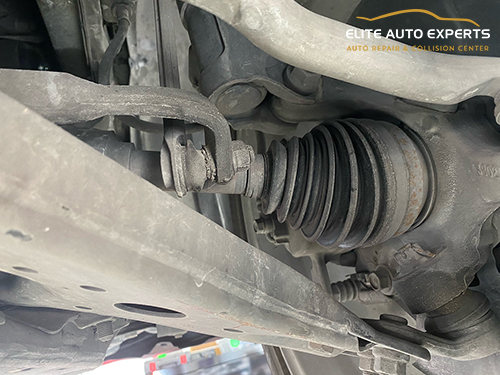
A Constant Velocity Joint, or CV joint, is a driveshaft between the front differential and the wheel. The wheels turn and go up and down, so the CV joint needs to turn with the wheel, as well as have the ability to go up and down. If you hear a clicking noise while making tight turns, this is a sign your CV joints are damaged. Bad or damaged engine mounts will cause the cv axle to keep breaking, overloading vehicles beyond its capacity and stress the axles with large bumps and potholes also will damage the cv joint too. Another way drivers can put their CV parts at greater risk is by adding lift kits to their vehicle. When you add a lift, you increase the distance between the differential and the wheel hub which puts additional pressure on the CV axle, joint and boots. Certified experience mechanic at an auto repair shop near your area will be able to determine the cause of why your cv axles get damaged. ... read more
Posted on 8/4/2022
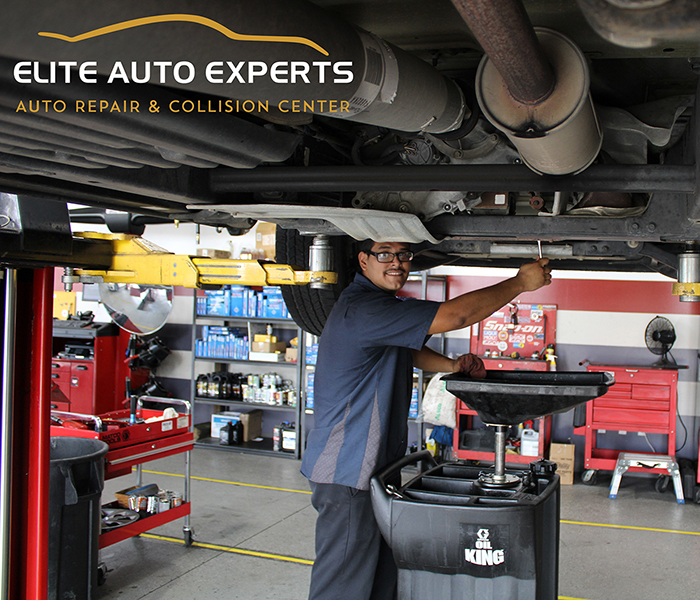
Why is full synthetic oil Better? Oil is one very important element for keeping your engine running longer and more effectively. It does reduce wear and friction between engine parts and protect important components inside the vehicle. Here is why full synthetic oil is better: Full synthetic oil is less-refined oil used in conventional oils, making its molecules more uniform in size with much fewer impurities. Synthetic oil is better than conventional motor oil for: Resistance to oil breakdown Improved fuel economy, time to save on gas! Less frequent oil changes. Enhanced horsepower due to reduced engine drag. Less sludge build up. More efficient in cold or hot temperatures, make your engine last longer. Our mechanic will only replace the oil that your manufacturers have recommended for your vehicle,stop by our auto repair shop to get your oil changed today
Posted on 7/30/2022
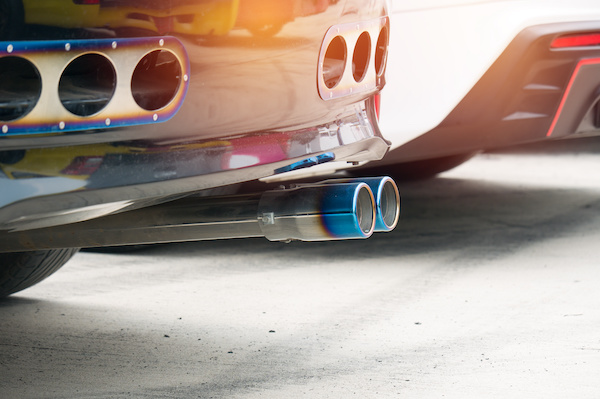
The muffler is one of the most crucial parts of the exhaust system. As a responsible vehicle owner, you should understand the basic functions of the muffler and the signs of a bad muffler. The muffler is responsible for “muffling” the sounds that your engine makes when it goes through combustion. Without a functioning muffler, you can experience extremely loud rides. Another role the muffler plays is to funnel the emissions away from the engine and direct them out of your car in a safe manner. If there is a hole or crack in the metallic pipe, the exhaust fumes can make their way inside your vehicle or somewhere else unsafe. How to Tell If You Need Muffler Repair/Replacement Your muffler can become damaged with wear and tear. Otherwise, it tends to be a component that lasts a very long time. When an accident occurs involving your muffler, you’ll be sure to notice it. Your car will show the following signs: Excess Noise - Because the muffler acts as ... read more
Posted on 7/26/2022
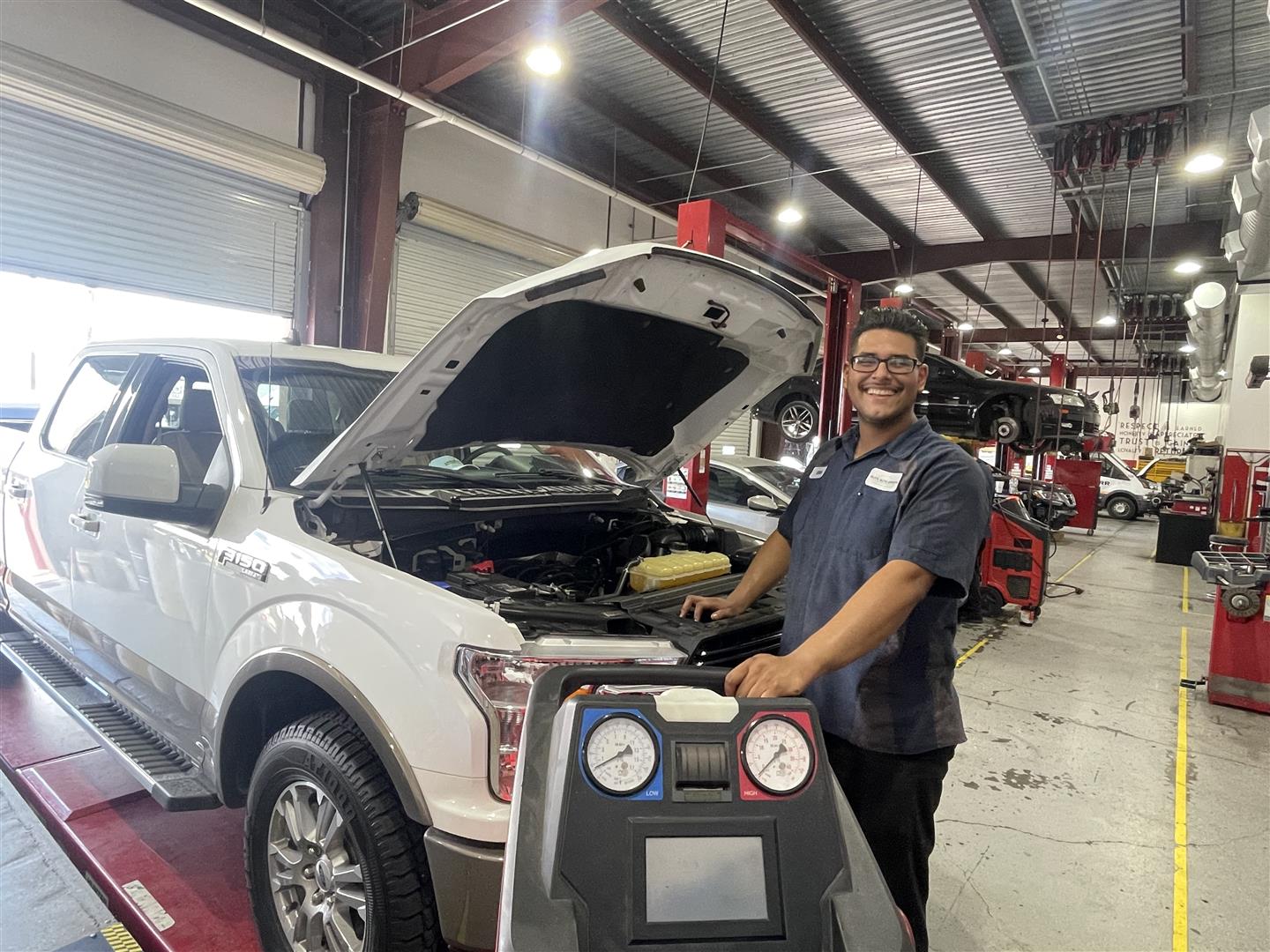
If your car or truck air conditioning takes a long time to get cold, Here’s what cold cause the problem: • A/C compressor is weak, It may build up pressure slowly, or require high rpm to produce normal pressures. • The Recirculation door is not working. When the system is in Max A/C, the flap should be closed. Unless the flap is closed, hot outside air dilutes the effect of A/C, causing the ac to take a long to get cold. • Temperature door not operating correctly, If the temperature door isn’t in the Max Cool position, a temperature door even just partly in the wrong position can slow down the cooling by redirecting some of the airflow through the heater. •Failing a heater control coolant valve to close completely, if at all. The temperature door may be in the right position, but on some systems hot coolant in the core still contributes enough heat to the HVAC case to slow cool down. • Radiator fan problem with, If ... read more
Posted on 6/27/2022
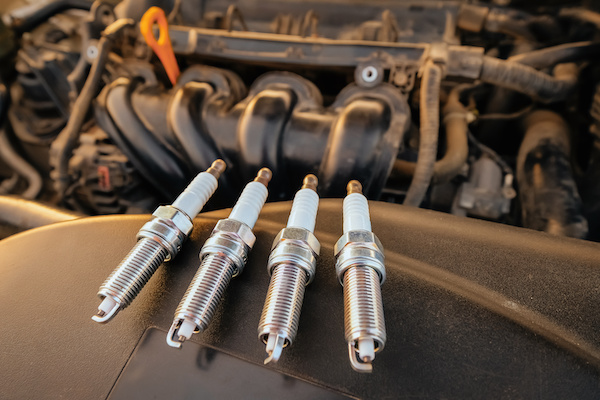
Spark plugs are responsible for delivering the spark that ignites the air-fuel mixture in your engine cylinders. They are small, but they play a role in how effectively and efficiently your engine operates. Here are symptoms of bad spark plugs: Engine Misfire A failed spark plug can cause a misfire because it won't send electricity through to ignite the fuel mixture. A bad ignition coil or plug wire will also cause your engine to misfire. Another cause of a misfire is the fuel injector or fuel pump problem. A faulty fuel injector will cause the engine to run lean, while if you have a faulty fuel pump, you might experience too much pressure in the cylinders. It could lead to overheating or even combustion problems. Poor Fuel Economy Poor fuel economy is a common problem caused by many factors, including a bad spark plug, poor fuel filter, or even a faulty fuel pump. Although these symptoms are not always directly related to the spark plugs, they can all point to crucial problem ... read more
Posted on 6/21/2022
Nowadays, cars have become an important component of the human lifestyle. Everyone desires to have a comfortable car that enhances the traveling experience. Especially in Summers, when you are on the road and traveling in your car, you always want your car ac to be in exceptional condition. Defective car ac can ruin your on-road journey. In hot summer, you get every possible precaution to avoid sweating on the road. Another task you must consider is maintaining your car's air conditioning system. You must use your car ac every day, especially in the summer. The continuous working of car ac requires its maintenance. If it's neglected regularly, it can lead to car ac failure. Putting your car ac maintenance at stake will impact your car ac system and ruin the performance of other vehicle body parts. Resultantly, it will cost you thousands of dollars. Here are some tips for maintaining your car's ac system to avoid these mishaps. Take th ... read more
Posted on 6/3/2022
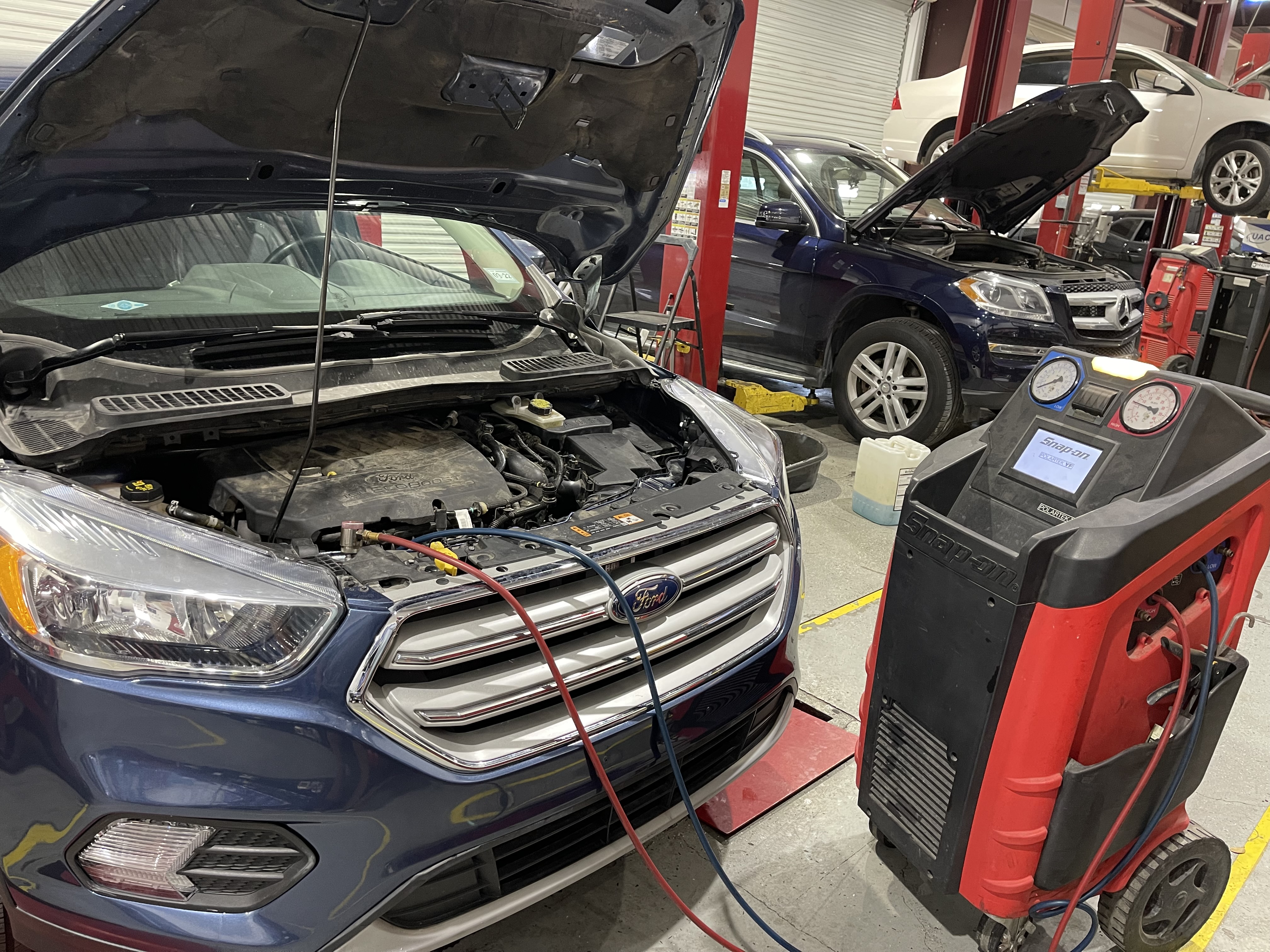
There are many a/c components in a car that can cause it not to blow cold air. Some examples that may cause why your car’s a/c is not cooling can be a Freon leak, leaking a/c hose, a/c compressor is to weak or not working properly, or any restriction in the air condoning system, and even an electrical problem that will not let the a/c blow cold air, that would need an a/c electrical diagnostic.
Posted on 6/2/2022
Unfortunately, car maintenance is an unavoidable cost that you can't ignore, and one has to face it sooner or later. Car repairs cost is sometimes very unfair, and without knowing the important factors included in car maintenance, you might end up paying more. In 2020, the households' total spending on car maintenance services in the US was 175 billion US dollars. Too much, isn't it? You can save the spending amount on car maintenance services by considering a few crucial points. Auto repair estimates can be costly and painful. However, with the suggestions illustrated in this article, getting accurate cost estimates for your vehicle repair won’t be ... read more
Posted on 5/30/2022
Useful Tips for selecting the best car maintenance services It doesn't matter how much you are taking care of your car. At some point, you will demand car maintenance services. As long as you are driving it on the road, the life span of car body parts is decreasing continuously. Sooner or later, you will feel that your car demands service to run at its best potential. With so many vehicles running around, you observe that finding a car mechanic won't be difficult. That's not the case because finding a reliable auto mechanic is exceptionally challenging. Vehicle maintenance can be expensive and a long-time process. You have to choose a trustworthy mechanic who can provide the best auto repair services at cost-effective prices. To help you in this matter, we will provide you with valuable tips for selecting the best vehicle maintenance service for your car. Experience in Automotive Industry Everybody learns from experience, and you can ... read more
Posted on 5/26/2022
It's the wish of everyone to have a safe and reliable car to travel around. Purchasing a vehicle is a significant investment and maintaining your vehicle is another critical factor that you must follow. Conducting regular car checkups and servicing increases your vehicle lifetime. However, most people take car maintenance for granted. We only think of repairing it when something gets wrong with the car. The other step we take is to find auto repair services. Finding a reliable mechanic for car repair is another challenging factor. According to a survey, most US citizens don't trust any auto repair shops. So how can you find any trustworthy mechanic who can repair your car to your satisfaction? Reliable auto repair shops not only provide quality services, but they also charge you reasonably. Mainly, people don't have much knowledge about auto repair services, making it difficult ... read more